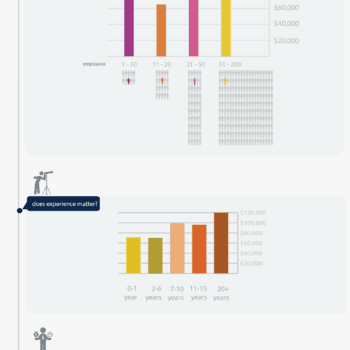A new Singapore start-up, ShopBack is tapping into South East Asia’s US$60 billion e-commerce market. ShopBack offers a novel approach to online shopping, providing users cashback when they shop at over 300 online stores. Although this is a unique service in Asia, it is a wellknown concept in the West. ShopBack was founded in 2014 by six Singaporeans– Henry Chan, Bryan Chua, Derrick Goh, Joel Leong, Lai Shanru and Samantha Soh. ShopBack is supported by NUS Enterprise.
In 2014, ShopBack raised over US$500,000 in seed funding from Accel-X and other investors. These new funds will allow them to scale the company and expand operations regionally.
ShopBack’s cashback model adopts a ‘stacked’ approach, where cashback is given on top of any existing discounts or credit card rebates. This means greater savings for the users. ShopBack’s all-inclusive concept differentiates itself from online group buying sites or credit card rebates, which typically are limited by availability (eg. discounts for just a few days/weeks) and type of purchases (eg. deals are only relevant for specific items).
With ShopBack, online shoppers receive a portion of the amount spent, when it is made through ShopBack’s website (https://www.shopback.sg). ShopBack is designed to be easy for online shoppers through three simple steps:
1. Users create a ShopBack account. This allows them to browse through ShopBack’s wide selection of stores and make purchases across categories such as Fashion, Food & Drive, Electronics and Lifestyle. There are currently over 300 online stores, with well-known brands like ZALORA, Lazada and Groupon. The ShopBack team continues to grow its selection
of merchants.
2. Once the user has confirmed their purchase, they click ‘Get Cashback’. This automatically directs them to the merchant’s online website. From here, online shopping is carried out exactly as it would be at the merchant’s online retail outlet. Payment is made directly to the merchant.
3. After payment is made, the users’ cashback is added to their ShopBack account within a few days. This can be ‘cashed out1’ and transferred to the user’s PayPal or local bank account. This feature is unique to Shop-Back as other cashback companies typically enable transactions to be made only to PayPal.
“ShopBack is fuss-free to use. It was a life-saver for me, during last year’s Christmas shopping, where I saved more than S$100 via ShopBack alone. I was pleased to get the cashback, in addition to my regular credit card rebates. Not only did it save me money, it also saved me time as I avoided the hassle of long queues, carrying heavy bags and getting to and from the shops,” said Jessica Lee, aged 27 years.
“In five months, Shopback has become one of our top five partners. They have driven significant orders for ZALORA, especially during our 12.12 Online Fever. It’s also risk free for us as we only pay when they bring in an order for us,” said Dione Song, Managing Director, ZALORA Singapore.
“The idea for ShopBack emerged when we saw the popularity of the cashback concept in Western markets, and how there was a gap in South East Asia. We want to capitalise on this opportunity and present the concept in a user-friendly and accessible manner,” said Lai Shanru, Co-founder and Marketing Director ShopBack. “We are tremendously excited about ShopBack’s growth potential and the value it can offer. There are some 200 million internet users in the region, who are potential online shoppers. Having launched the company in August 2014, we have seen a 50% month-on-month growth in shopping transactions. During the 2014 holiday season, we saw some 10,000 transactions on Shop-Back. As we expand the platform regionally, this will increase further.”
ShopBack’s eCommerce experience
The ShopBack team have 10 years of cumulative experience in ecommerce. They previously held regional key positions in ZALORA and TMG. As avid online shoppers themselves, they were insistent on building a product that they would be happy to use themselves.
L to R (Seated) Derrick Goh, Samantha Soh, Lai Shanru and
Bryan Chua. (Standing) Henry Chan and Joel Leong
Henry and Joel first had their entrepreneurial spirits ignited while on the NUS Overseas College programme. They spent a year in the U.S. and Shanghai respectively, interning at high tech start-ups and studying entrepreneurship modules at University of Pennsylvania and Fudan University.
ShopBack has set up offices in the United States and Singapore and grown the team to some 20 employees, including part-timers. The company plans to expand into regional markets in the near future.






























